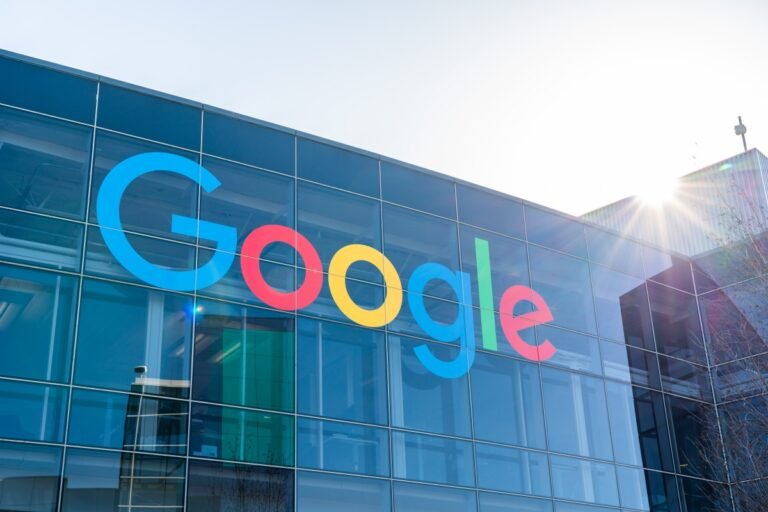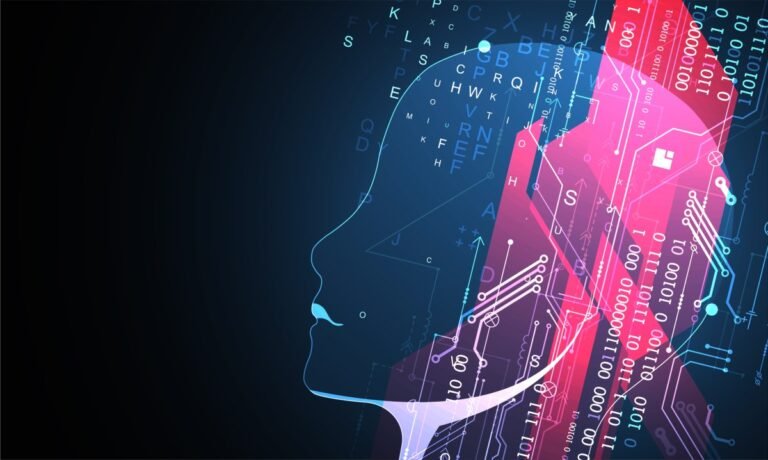Change Your Fashion Game with Google’s Swipe Right and Swipe Left Options

Google will let you swipe right or swipe left on clothes to get better fashion recommendationsGoogle is rolling out a new update that makes it easier for users to find personalized shopping results, the company announced on Wednesday.
The new feature lets users rate different products in order to get style recommendations when shopping for apparel, shoes and accessories.
After you have rated a selection of products, Google will display personalized results for you to parse through.
Google will remember your preferences, so if you ever search for men’s polo shirts again, you will see style recommendations based on what you liked in the past.
The company says people shop on Google more than a billion times a day and see more than 45 billion products in their results.





